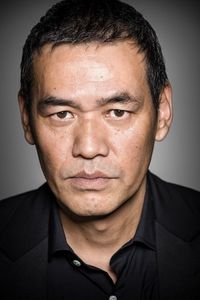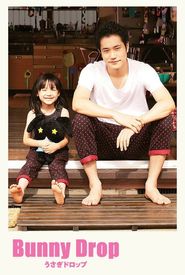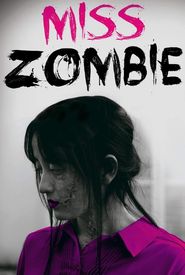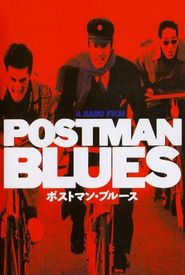Japanese director, writer, and actor Sabu is renowned for his kinetic and cyberpunk style, which has been widely imitated. He has expressed admiration for the international hit film "Run Lola Run" (1998),drawing parallels between it and his own directorial debut, "Dangan Runner" (1996).
At the Chicago International Film Festival, Sabu was asked to recommend a film school, and in a bold statement, he replied through a translator, "I've written and directed five award-winning movies and I didn't attend film school, so you shouldn't have to either!" He has become known for enjoying the photo opportunities that come with attending international film festivals, often posing with enthusiastic audience members.
Before venturing into directing and writing, Sabu had acted in at least five films. He has also appeared in one movie each by cult directors Kiyoshi Kurosawa and Takashi Miike, respectively. When acting, Sabu often goes by his birthname Hiroyuki Tanaka, typically portraying cold-blooded gangsters, whereas he uses the name Sabu for his directorial and writing endeavors.
Sabu's films frequently incorporate elements of yakuza and black comedy, but his recent works showcase a more diverse range of styles. One of his notable projects is the short science-fiction film "A1012K" (2002),which tells the story of a robot gone berserk in a shopping mall. Interestingly, older members of the Japanese pop/boy band V6 have appeared in several of Sabu's movies.




























